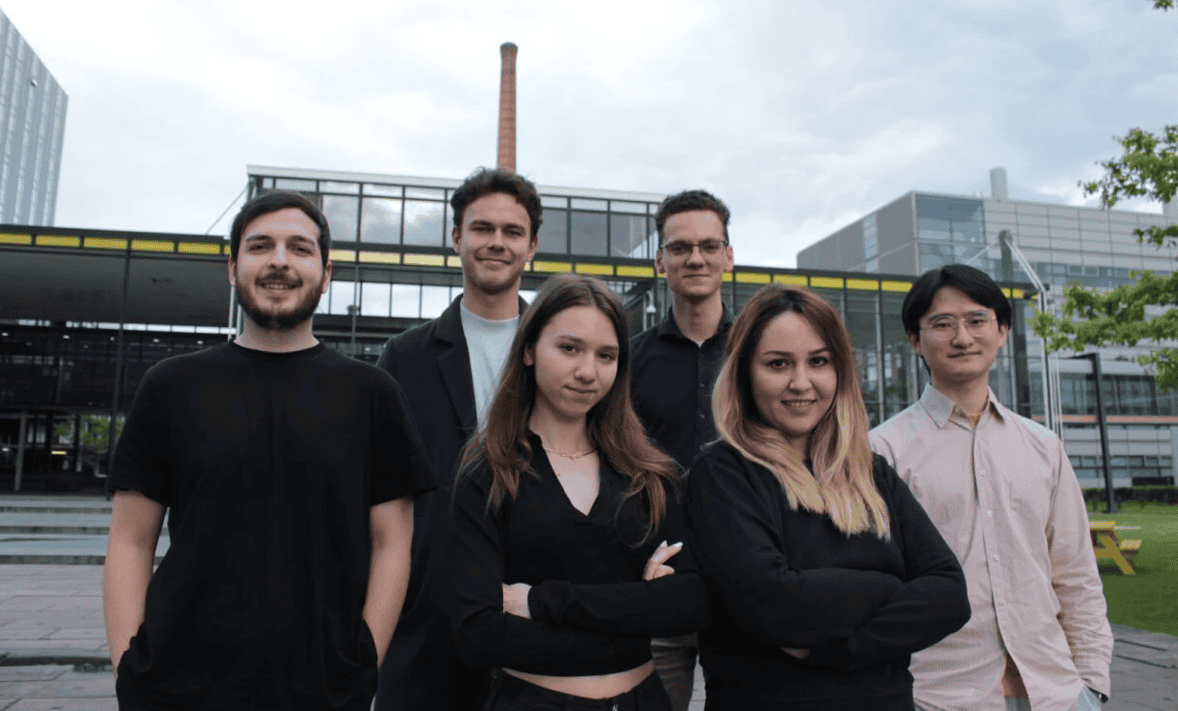
A drone doesn’t necessarily have to fly. Take Aquatic Drones for instance. A company in Brabant that develops autonomous boats that can be used to survey Dutch waterways. As a country rich in water like The Netherlands really knows how vital it is to properly maintain these infrastructures. But not only that. Using this type of drone, you can also detect and monitor water pollution. Even carry out dangerous inspections of unexploded military ammunition, to give just one example.
A drone like this can also help to cut down on personnel costs. Because in The Netherlands you need a lot of people to keep an eye on all of those quays, embankments and shorelines. So it’s logical that an institution like the Rijkswaterstaat (the executive agency of the Dutch Ministry of Infrastructure and Water Management) has a keen interest in Aquatic Drones. Not to mention their environmental benefits. Because these drones traverse the waterways using emission-free electricity. Founder Maarten Ruyssenaers talks to Innovation Origins about the future he envisions for his drones.
What kind of company is Aquatic Drones?
Aquatic Drones is a company that designs small autonomous boats, as in waterborne drones, for surveying rivers, harbors and coastlines. These measurements are very useful because they enable you to discover early on that maintenance is required, for instance, on shore.
Where did the idea for setting up this company come from?
I worked at a research institute for 7 years. Among other things, this institute carried out research into unmanned emission-free survey vessels. That motivated me to develop this further and market it. Various parties such as the Rijkswaterstaat and the Port of Rotterdam Authority expressed interest, which enabled the company to get off to a good start.
Is there a lot of competition in this area?
No, we are in the high-tech market where various parties are active. Yet there are hardly any companies that focus specifically on rivers, ports and coastlines. The Netherlands is a country known for its excellent maritime expertise, which also makes it easier for us to operate abroad.

What are the main obstacles that you run into?
Attracting good staff as well as sufficient funding. We also need to gain even more experience in operational conditions in order to be able to improve our product.
What are you proud of?
That we work with and have teamed up with major clients and leading research institutions. We are also proud that we’ve remained the sole owners of our company.
What are your plans for the year ahead?
Over the coming year, we would like to raise additional funding so that we can start up production for the sale of our drones in The Netherlands and elsewhere. We also want to expand our team of software developers.
What is your goal for the next five years?
Worldwide sales of zero-emission survey craft for maritime contractors, which can be operated in a user-friendly manner.
Read more IO articles on start-ups here.
Also interesting: Drones that cannot only see and hear, but touch and grab things too.








